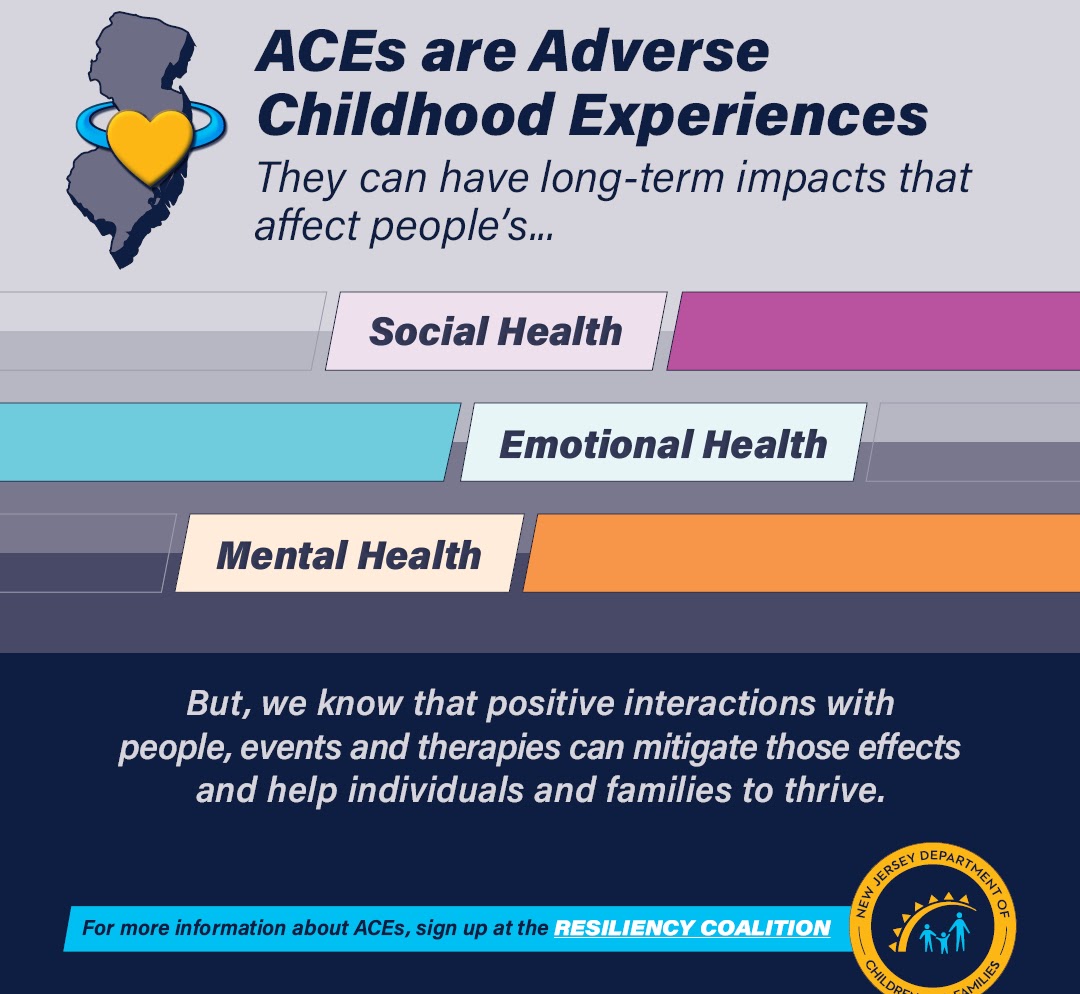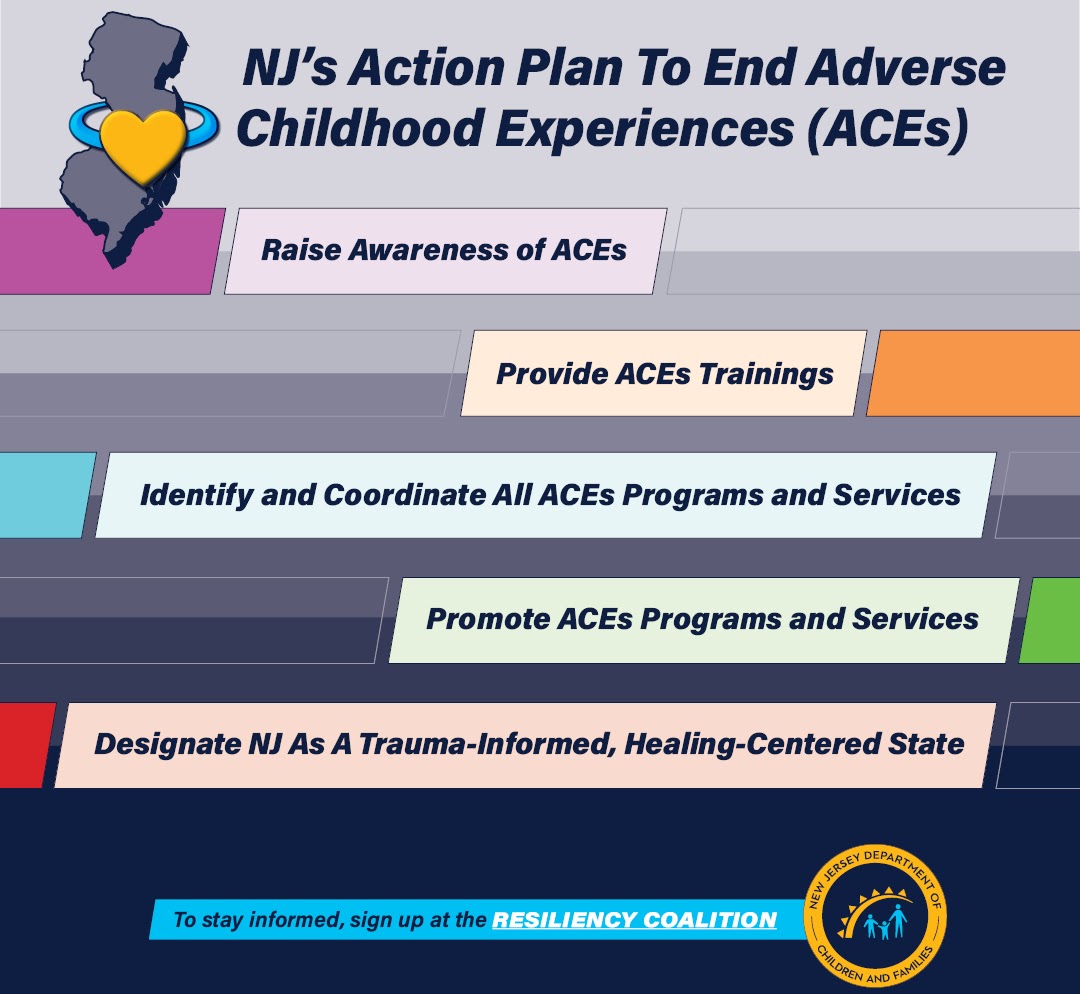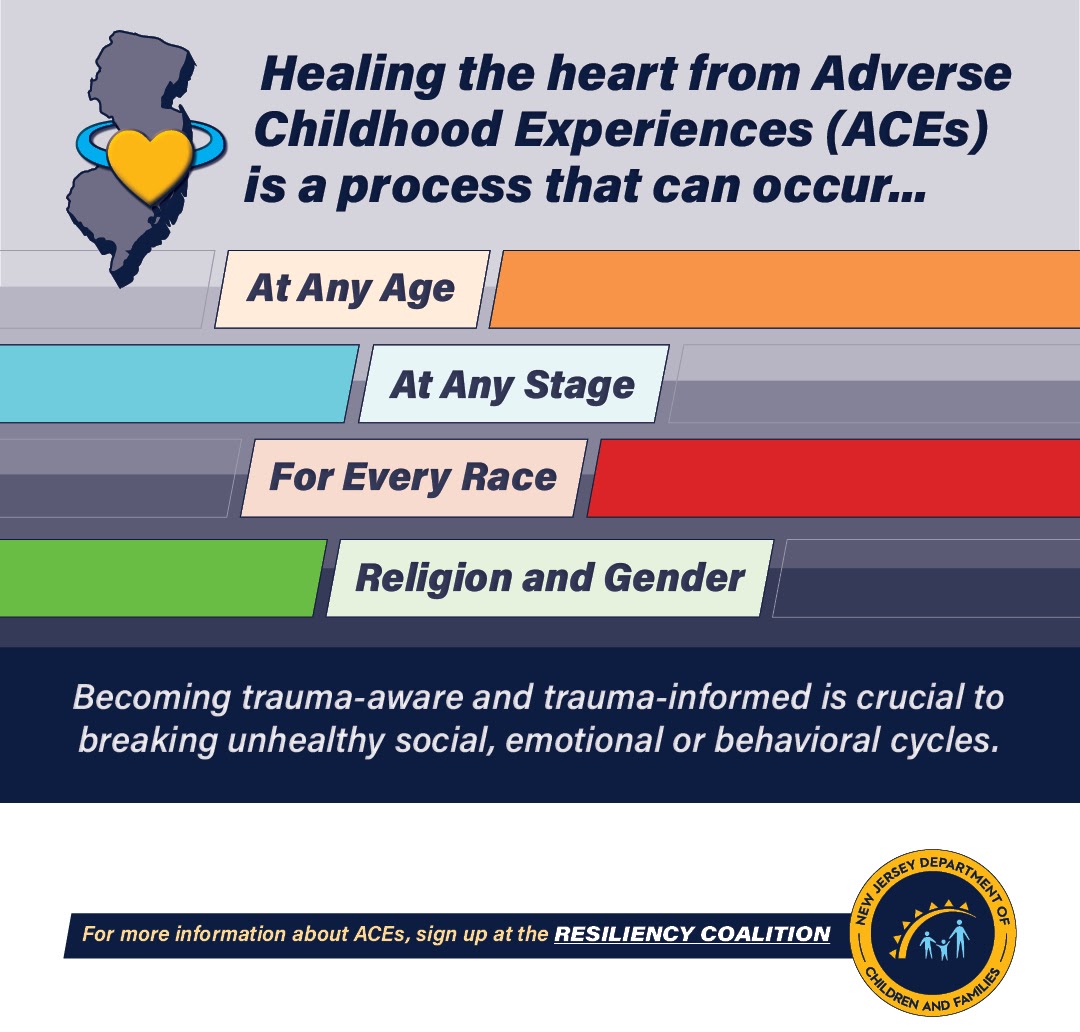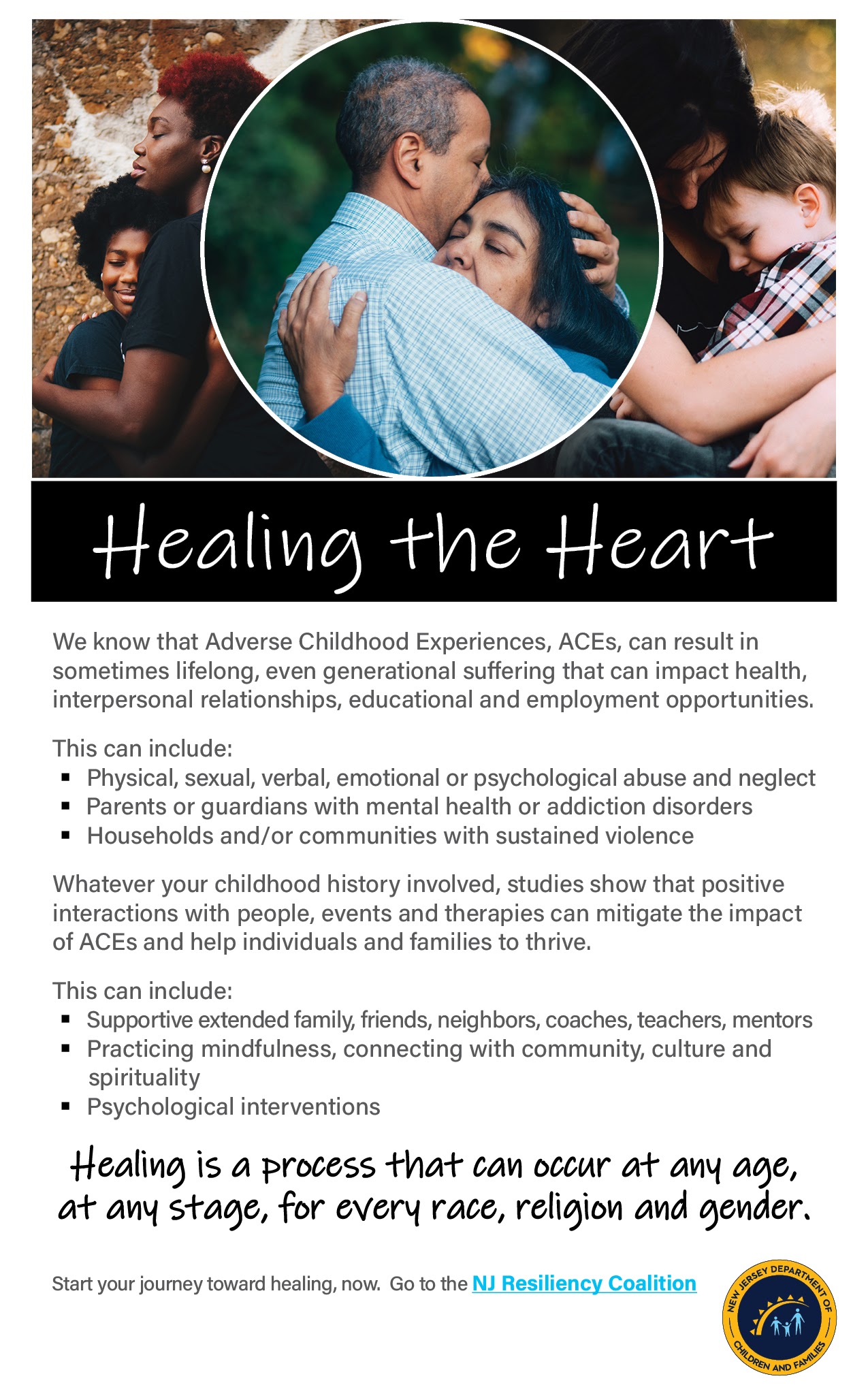Understanding Anxiety
Times are rapidly changing. The phrase "Well when I was your age..." has a whole new meaning even from just a decade ago. Today's youth are experiencing a unique upbringing that even early Millennials can't compare to. Today's youth has constant access to technology that wasn't even considered attainable 30 years ago. They are able to access education and resources that have never been easily accessible before due to the rapid, everchanging technology industry. As much as this access is a blessing, it can also be a curse. Children can obtain any information they'd like in less than a minute. They will never have to experience the day-long wait of downloading a game or a game update. They will never have to hear the internet startup dial tone. Today's youth have no use for the "hang up!" phrase as 98% of phones are completely wireless. Learning and understanding patience has never been more of a virtue than it is today.
This instant access, instant upload/download, instant decision-making can create dangerous situations, and have grave consequences on our youth. Many mental health professionals believe that this generation truly experiences much higher numbers of children with anxiety and depression due to their access to social media. Bullying, drama, disagreements, negative situations never end. Children can't leave school or work and turn it off and reset for the next day. Those situations continue on through social media and grows through public view. Minor issues can become something major and completely blown out of proportion due to people having access to comments made public on social media and being able to input their opinion....instantaneously. There's no room or time to "cool off" or process; the negativity is ongoing, never-ending, which will easily cause anxiety and depression for our young people.
Many students I work with that deal with anxiety feel as though they're misunderstood. They feel as if they aren't being heard correctly which becomes extremely frustrating for them. While this is also on them as well with being able to properly communicate, we must also keep in mind that teens tend to revert back to an egotistical point of view during this stage of life. They aren't really able to "take a walk in someone else's shoes" unless it's presented to them in a way that makes sense to each individual person. Even then, they do understand that others have it worse off than they do BUT they are still upset, they are still hurting, and just want an ear to vent to. Below I will list some signs of anxiety and when to know if you need to seek extra help for your child. You can also contact myself or your child's school counselor for a list of resources. The Student Services team works closely together to provide the best support possible for your children.
Please visit my Talking with your Teen page for ideas on communication.
Anxiety Signs & Symptoms
First thing's first. Is it anxiety? Is it stress? Is it something more? These are the questions that need to be asked. Down below I have written some signs of each one. From there, you can decide what you feel will be the best course of action.
Anxiety: defined as a feeling of worry, nervousness, or unease typically about an upcoming event with an uncertain outcome. I explain it to students as fear of the unknown. You can experience or have anxiety without a clinical diagnosis. A common form of anxiety that I typically see in today's youth is social anxiety most likely due to the lack of face-to-face interaction due to technology. COVID-19 pandemic has also increased social anxiety along with mild versions of germaphobia.
Symptoms: constant worry, feelings of unease, hypervigilance, emotional distress, nausea, sour stomach, racing thoughts, stress
Stress: defined as feeling overwhelmed or unable to cope due to unimaginable pressures. Our youth have been facing unimaginable pressures just within this year alone. Add social media to that mix and you have many, many stressed children on your hands.
Symptoms: fatigue, feeling constantly overwhelmed, high blood pressure, weight loss, inability to eat, headaches, muscle tension, trouble sleeping, etc.
ACEs & Trauma: ACEs stands for Adverse Childhood Experiences. These are potential traumatic experiences that occur between the ages of 0-17. Do you have a memory from your childhood that you can remember vividly to this day? Something that caused you great pain, stress, anxiety? This could be considered an ACE. It can be anything from a car accident, a death of a loved one, someone with a cancer diagnosis, witnessing a crime, being the victim of or witness of abuse, etc. If not handled or dealt with properly, ACEs can cause adverse problems later on during adulthood that stem from these ACEs. Studies have found that a child with four or more ACEs are at a higher risk for health issues, incarceration, addiction, etc.
Click to read a new initiative in our state to combat ACEs in NJ: New Jersey ACEs Action Plan 2021




